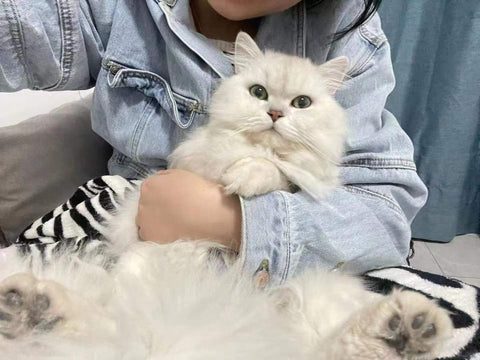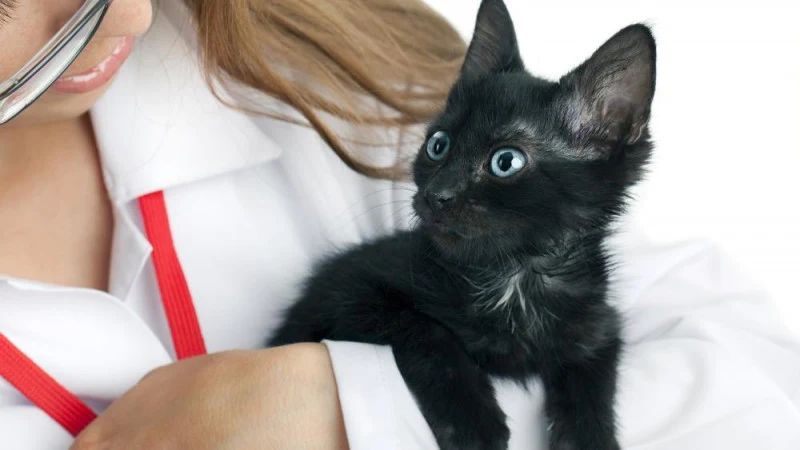It is widely known that Feline Infectious Peritonitis (FIP) is caused by a mutation of the feline coronavirus. However, carrying the coronavirus does not necessarily mean a cat will develop FIP. Most cats carry the coronavirus, but only 0.3% of them will progress to FIP.

The coronavirus is highly contagious and primarily transmitted through fecal-oral routes. Surveys show that 25%-40% of pet cats and over 80% of cats in large catteries and multi-cat households carry the coronavirus. This means that in multi-cat environments, the likelihood of cats becoming infected with the coronavirus and subsequently developing FIP is higher. The following types of cats are more susceptible to FIP, and preventive measures should be taken:
-
Kittens: Kittens under 2 years old are more prone to FIP, with an infection rate of over 75% among all FIP cases. Kittens have limited exposure to the outside world, making them more susceptible to stress-inducing situations like moving, spaying/neutering, encounters with strangers, or exposure to fireworks.
-
Purebred Cats: Purebred cats tend to have slightly lower immune resistance compared to domestic shorthairs. Additionally, most purebred cats in catteries are bred in large-scale facilities, where they live in crowded conditions, increasing their exposure to the coronavirus and the risk of developing FIP.
-
Stray Cats: Many stray cats are abandoned by their owners due to their young age or illness, leaving them to face harsh living conditions. Stray cats are more prone to various diseases, including FIP.
-
Senior Cats: Just like humans, as cats grow older, their immune system weakens, making them more vulnerable to virus mutations that can lead to FIP.
In general, cats with weakened immune systems are more susceptible to FIP. Therefore, it is crucial to enhance their immunity to prevent FIP. Here are two key factors for boosting your cat’s immune system:
-
Nutritious Diet: Cats are obligate carnivores, so cat owners should ensure an adequate protein intake and avoid relying solely on commercial cat food, which may lead to nutritional deficiencies. Adding fresh meat such as chicken breast, beef, or fish to their diet can help. Additionally, nutritional supplements, canned food, and cat treats can be included.
-
Reducing Stress in Daily Care: Cats are highly sensitive animals and easily stressed. Cat owners should avoid unnecessarily frightening their cats, including avoiding videos or pranks that may startle them. During unavoidable situations like moving, boarding, spaying/neutering, bathing, or vaccination, cat owners should take protective measures and provide familiar people or objects to comfort their cats.
By focusing on these preventive measures, cat parents can reduce the risk of FIP and ensure the well-being of their feline companions. Stay vigilant and take proactive steps to protect your cat’s health and happiness.

